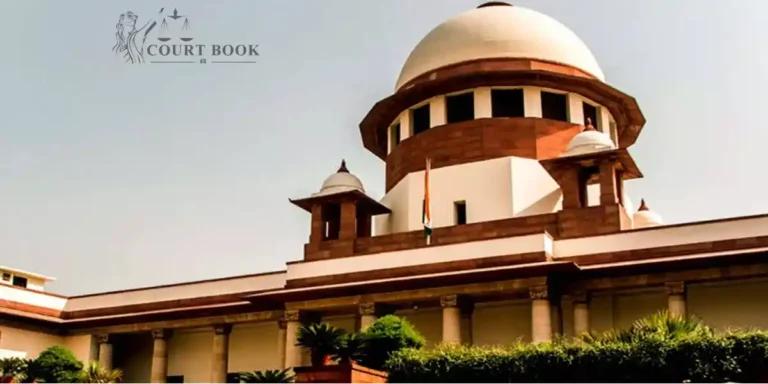On Thursday, April 17, the Supreme Court of India expressed its reluctance to transfer to itself several petitions that are currently pending before various High Courts. These petitions challenge state-specific anti-conversion laws aimed at regulating religious conversions.
The bench, comprising Chief Justice of India (CJI) Sanjiv Khanna and Justice Sanjay Kumar, was hearing a transfer petition filed by Jamiat Ulema-E-Hind Gujarat. The petitioner sought the transfer of all similar petitions from the High Courts of Gujarat, Madhya Pradesh, Karnataka, Jharkhand, Uttar Pradesh, and Himachal Pradesh to the Supreme Court.
Read Also:- SC Rules: Overruling Judgments Apply Retrospectively Unless Specified Otherwise
During the hearing, Senior Advocate MR Shamsahd, representing the petitioner, informed the bench that around 21 petitions are currently pending before these High Courts, all challenging various state laws on religious conversions.
"There are a lot of consequences; languages of the sections are different, and handling them all in the Supreme Court may be very difficult,"
— Chief Justice Sanjiv Khanna
The CJI, while listing the matter for further hearing in the week starting July 21, made an oral observation highlighting the complexity of such a transfer. He pointed out that each of these laws was passed by different state governments, with distinct language and legal provisions. Therefore, a direct transfer of these cases to the Apex Court may not be suitable.
"Different enactments, different languages, different provisions would be challenged. And it is not a central enactment, it's a state enactment... then it will be called here?"
— CJI Sanjiv Khanna
Read Also:- Charges Framed Cannot Be Deleted Using Section 216 CrPC or Section 239 BNSS: SC Rules
In response, the petitioner stated that the Supreme Court is already hearing writ petitions challenging these very laws. One such writ petition has been filed by the human rights organization Citizens for Justice and Peace, which contests the constitutionality of state laws that criminalize unlawful religious conversions.
Following this, Jamiat Ulama-i-Hind filed the transfer petition before the Supreme Court, aiming to centralize the litigation by moving 21 similar cases from six different High Courts to the Apex Court.
Currently, some High Courts have already taken action on these laws. For instance, the High Courts of Gujarat and Madhya Pradesh have issued interim orders staying certain provisions of their respective anti-conversion laws. These interim orders have been challenged by the states before the Supreme Court, adding further layers to the legal dispute.
"The matter has several dimensions. We will reconsider it after studying the scope and differences across these laws,”
— CJI noted while relisting the case
Case Title: JAMIAT ULAMA-E-HIND GUJARAT AND ORS. Vs THE STATE OF GUJARAT
Diary Number: 3670/2023














